Writing your first University exam is stressful. it's also a very different skill to writing an essay at home. Here are some ideas to help you conquer the nerves and prepare yourself...

1 - Plan your time ruthlessly. If you're required to write an essay an hour, spend 10-15 mins planning and 45 mins writing. If you're not finished after an hour, MOVE ON. You can only ever get 50% of the marks for finishing 50% of the paper, no matter how beautiful your essay ends up being.
2 - READ THE QUESTION! There is no substitute. English is not a rote learning subject. Writing a beautiful essay you 'prepared earlier' isn't going to help get you marks - you have to answer THEIR question. Radical concept, I know.
3 - Invest 10 minutes to mindmap points you'd like to talk about. Make sure they're all relevant to the topic.
4 - Try to think of specific textual examples to back up your points. Remember, you don't have to reference in an exam situation.
5 - Try as much as possible to keep your spelling and punctuation crisp. You don't have to use big words or long sentences to be impressive. All you have to do is get your points across clearly and intelligently. I know we can manage this.


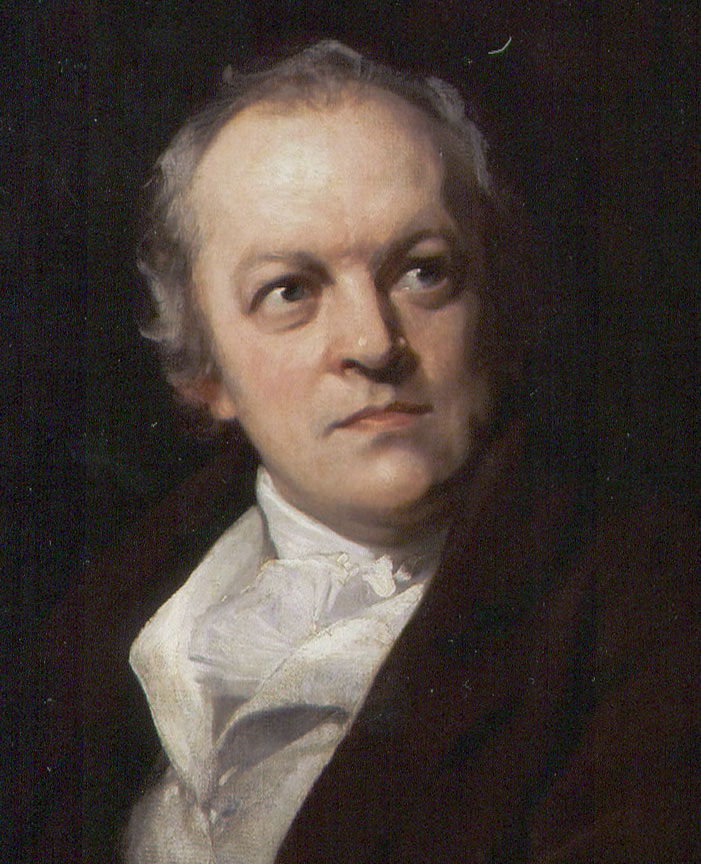









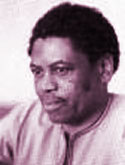
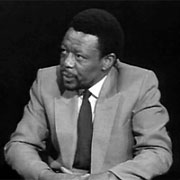
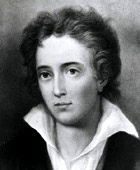






 Emily and Scott are ridiculously talented (and ridiculously hot). If you want to come, you should bring money to class on Tuesday and I'll book on the spot for you. The theatre is on the UCT drama campus in town (Orange Street, opposite the Mount Nelson).
Emily and Scott are ridiculously talented (and ridiculously hot). If you want to come, you should bring money to class on Tuesday and I'll book on the spot for you. The theatre is on the UCT drama campus in town (Orange Street, opposite the Mount Nelson).  So what can you expect? Half naked women in duct tape doing dances with fire extinguishers, full-body painted men doing choreographed dances with playing cards and black leather shoes, not to mention rather interesting combos of togas and high heels. And that's just for starters. Go and see it - it's a legal mind-altering experience.
So what can you expect? Half naked women in duct tape doing dances with fire extinguishers, full-body painted men doing choreographed dances with playing cards and black leather shoes, not to mention rather interesting combos of togas and high heels. And that's just for starters. Go and see it - it's a legal mind-altering experience.
















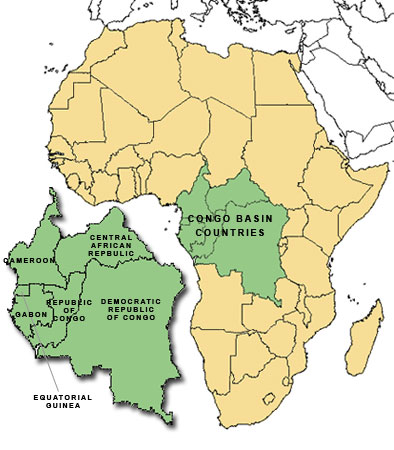


 _____________________________________________________________________
_____________________________________________________________________













